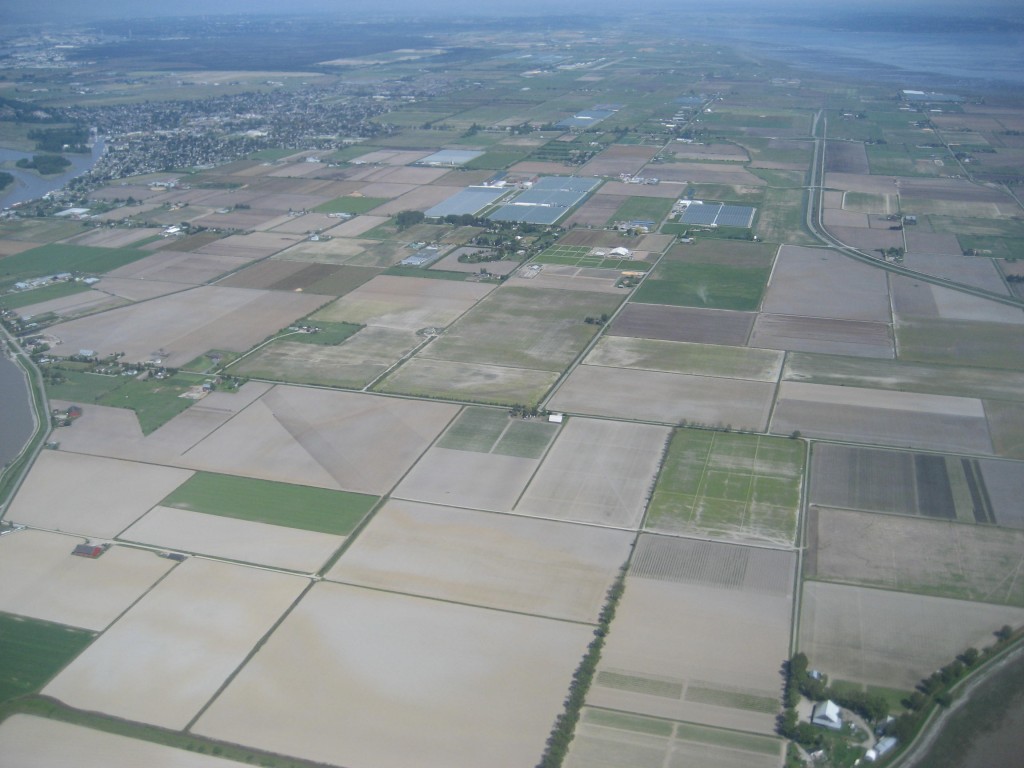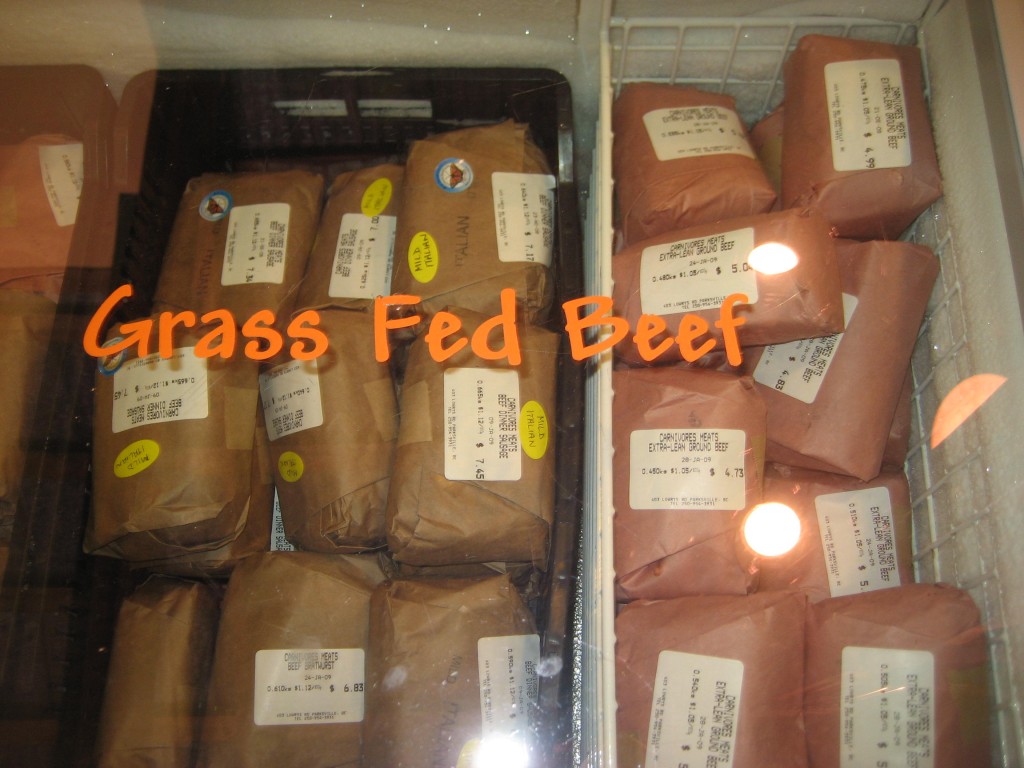What is a sustainable food system?
A sustainable food system:
- Is energy and fuel efficient.
- Is a powerful economic generator for farmers, whole communities and regions
- Celebrates cultural diversity in food.
- Uses efficient infrastructure for water, energy, and waste.
- Balances food imports with local capacity.
- Adopts climactically appropriate agricultural practices and crop choices.
- Works towards organic farming and preserves biodiversity in agro-ecosystems.
- Recycles nutrients recycles of organic waste into fertile soil.
- Maximizes urban agriculture and protects peri-urban and rural farmland.
- Ensures that local food processing facilities are available to independent farmers and processors.
- Sees food as an experience where people are connected to each other and the land from which their food was grown.
- Has a strong educational focus to create awareness of food issues and to build skill around food growing, processing, and preparation.
- Maximizes the economic, social and environmental performance and value of the food sector at the regional scale
Creation of sustainable regional food systems requires participation of multiple levels of government, community organizations, planners, developers, landscape architects, food-oriented business, and academics. Property development can play an important role in contributing to sustainable regional food systems, by helping to integrate food into the community fabric and creating more vibrant, livable spaces.


